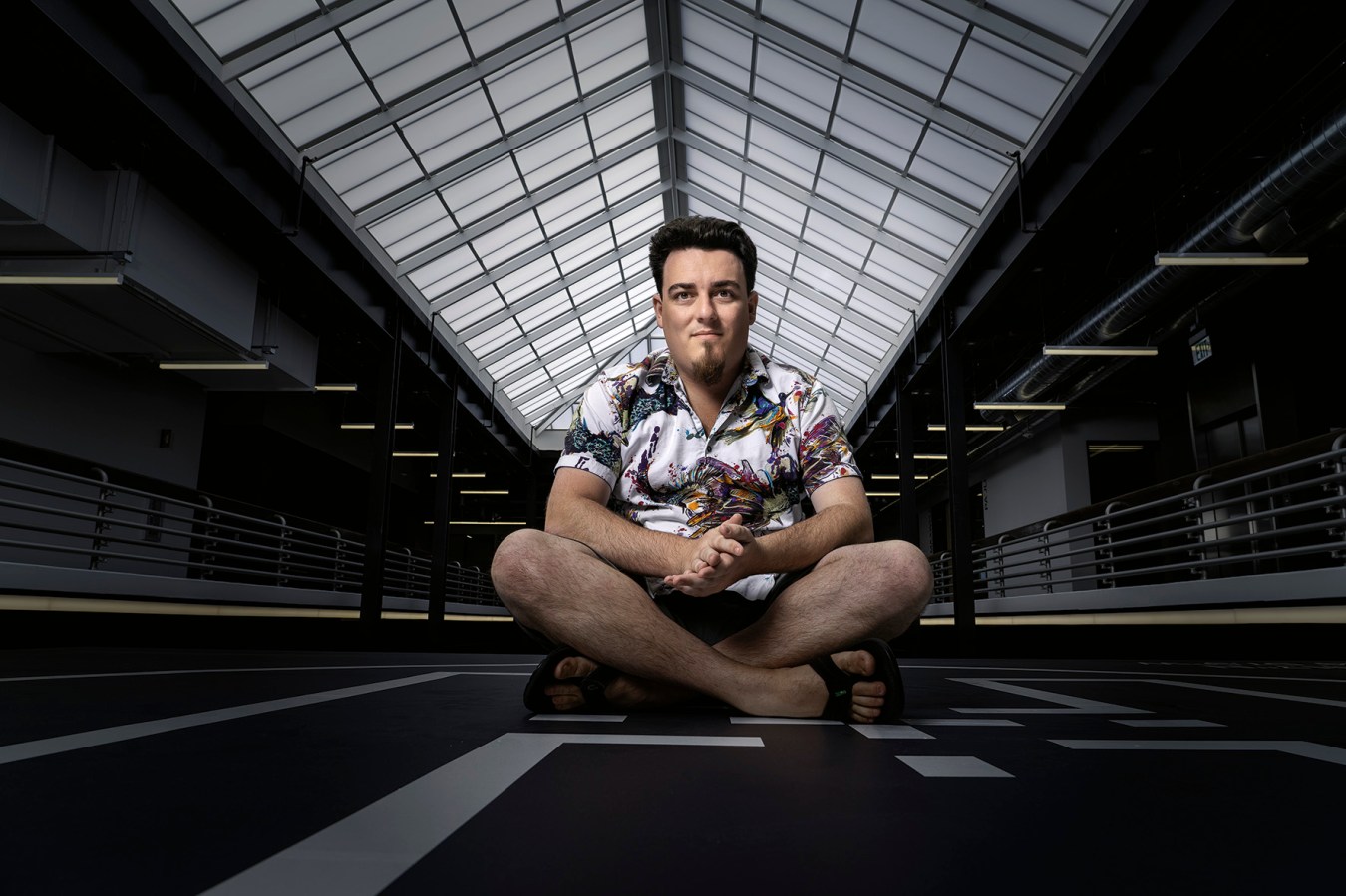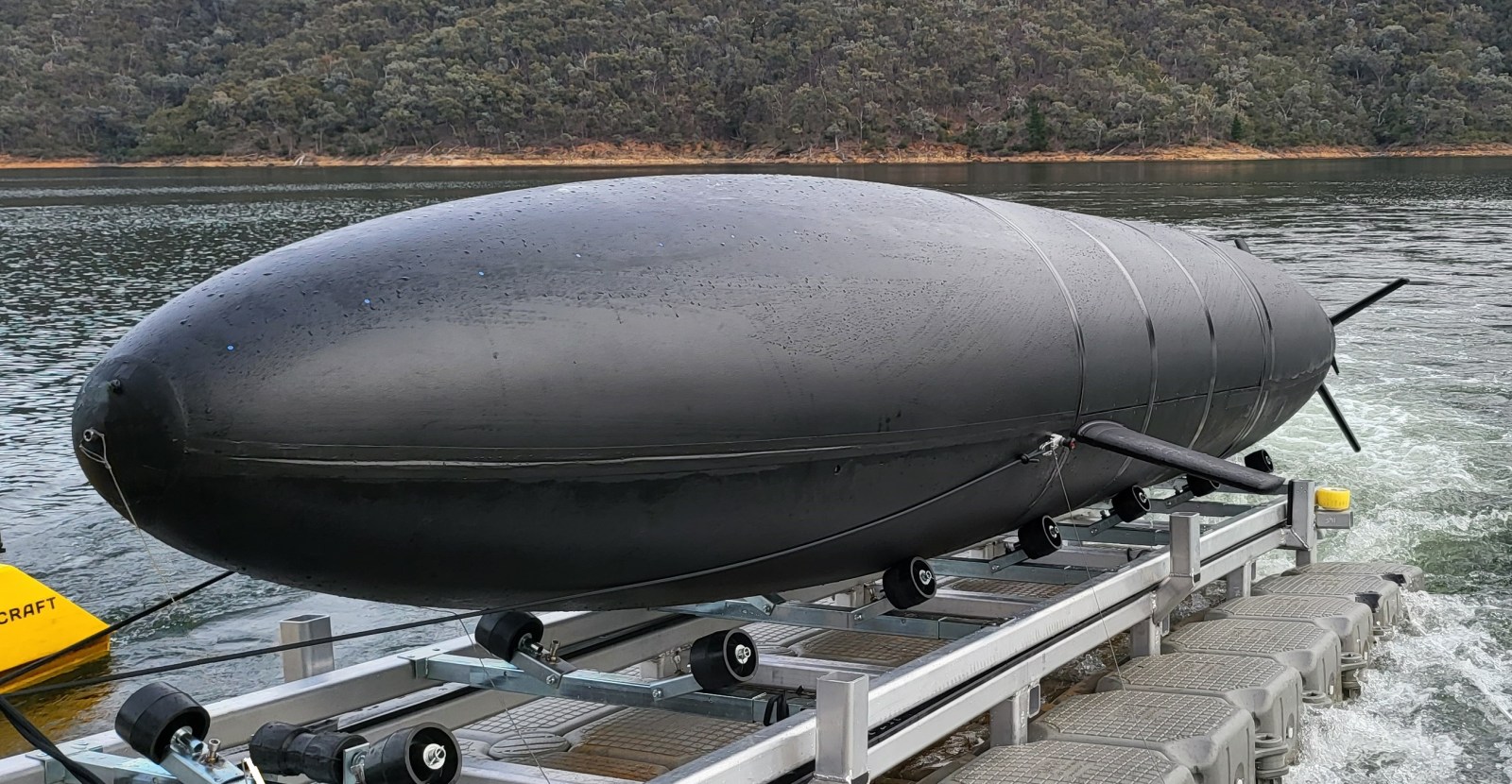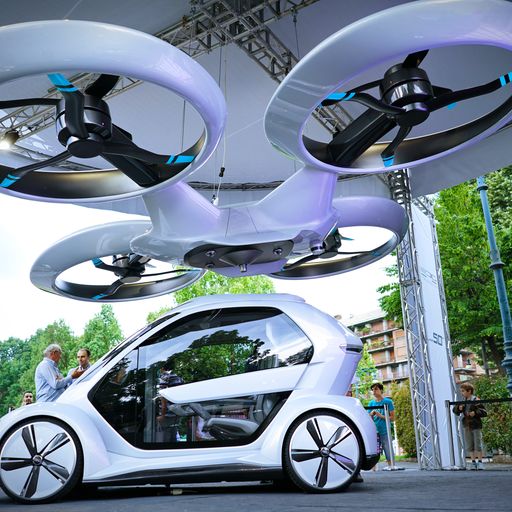Palmer Luckey, 30-years-old and worth US$1.8 billion, could be building video games and virtual reality systems, or cruising in his private submarine – but has instead chosen a job that’s “depressing” and “corrosive of the spirit”.
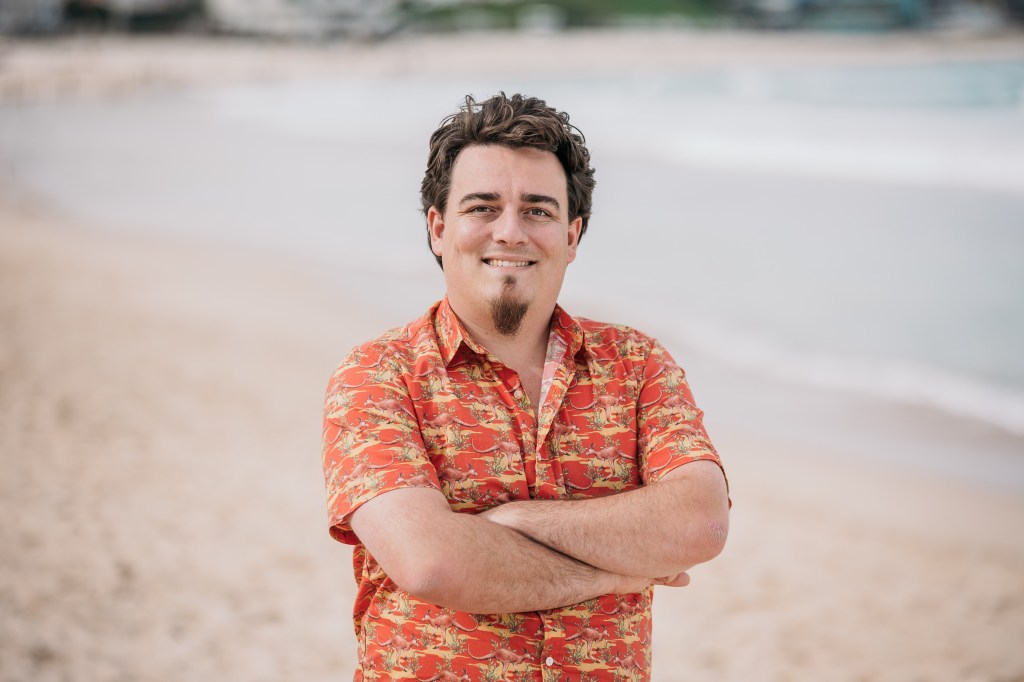
Recently named by Forbes as one of only four self-made US-dollar billionaires aged under 30, Palmer Luckey, dressed in Hawaiian shirt and shorts, was speaking to a room full of suits at a defence conference in Sydney.
On a panel about Ukraine, the California native said that the realisation there were bad actors in the world who needed to be deterred was what got him into the defence field after he was fired by Facebook in 2016. Luckey had sold his virtual reality headset business, Oculus, to Facebook in 2014 for more than $2 billion, and had stayed on as an executive on an eight-figure salary.
“People tell me I must be having way more fun working on weapons than virtual reality and games,” Palmer Luckey told the Sydney Dialogue conference. “They’re totally wrong. It’s actually very depressing and it requires you to be very cynical and it burns up your spirit and it turns you into a worse person but …. it’s really important.”
There was a nervous laugh from the defence-focussed audience.
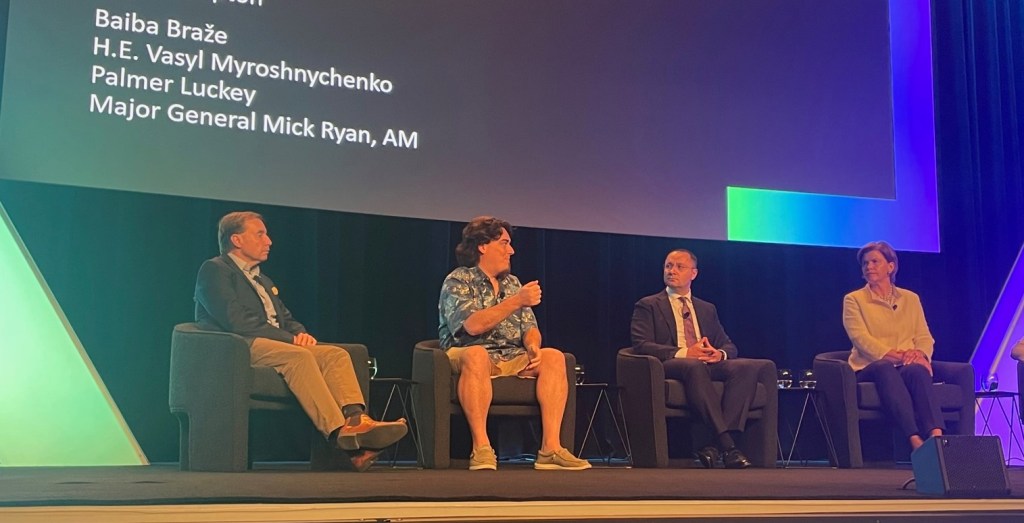
“Working on video games is fun. Working on the tools that are used to enact violence upon others, that’s not a thing that most people naturally wake up wanting to do. It’s corrosive of the human spirit. But it’s important that we have people that work on it.”
Luckey has been in Australia a lot lately. His defence business Anduril, founded in 2017, is building three bus-sized unmanned submarines in Australia for the Australian navy. The project only began eight months ago but is intending to have all three “Ghost Sharks” built by 2025, with the first iteration in the water by year’s end.
The Australian government has put $70 million into the project as has Anduril. The $140 million total compares to the $268-$368 billion estimates put on the eight nuclear submarines the navy has on order. The cancelled French submarines ordered before that were going to cost $90 billion. Anduril’s aim is that, should the subs prove effective, the navy will want a lot more, as will other nations and businesses, and that it will be ready to scale up immediately.
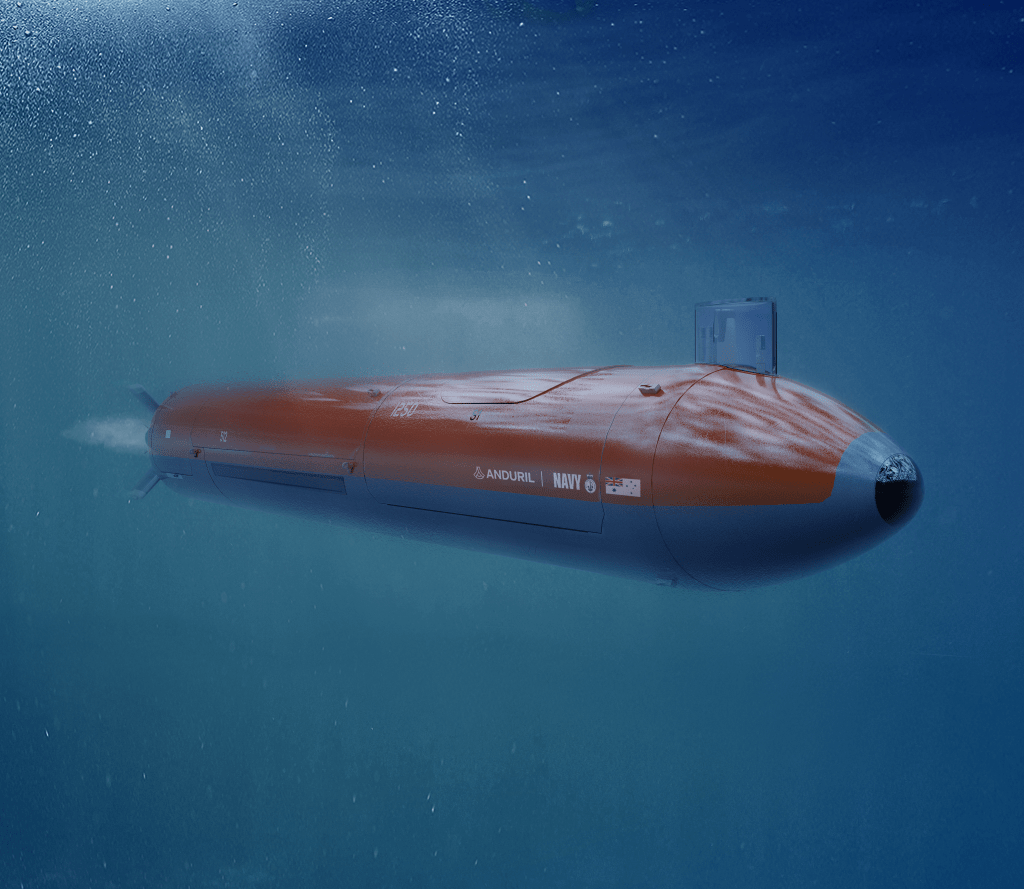
Anduril already employs 40 people in Australia but says it plans to add more than 100 within a short time, and, all going well, to go into mass production of the submarines, producing large cheap robotic subs the likes of which are not being produced anywhere else in the world.
There are also plans to manufacture more parts of Anduril’s considerable arsenal in Australia, he told Forbes Australia.
Luckey was sacked from his executive job at Facebook for, he claims, donating $9,000 to the Trump election campaign in 2016. Facebook denied the claim.
He is scathing of Silicon Valley for its refusal to work on defence projects, telling Forbes Australia that the large tech firms were terrified of alienating China.
“It was just very clear that US tech companies could not work with the military because keeping China happy was too important to them.”
Palmer Luckey
At yesterday’s conference organised by the Australian Stategic Policy Institute, Luckey said the position had put the democratic way of life at risk.
“What a failure as a coalition of nations we are if we put our best and brightest to work on better search-engine technology and better advertising technology and don’t put them to work on the things that preserve the order internationally that brought those things into being in the first place,” he said. “That’s why I got into the defence industry.”
Luckey said he was contacted by Ukrainian president Volodymyr Zelensky long before the Russian invasion. The Ukrainian was interested in the AI surveillance towers Anduril had built along the Mexico-US border.
“We had a conversation about how we could deploy some of our technology to the eastern border of Ukraine to help track some of the Russian incursions that were already occurring and to hopefully deter an invasion by making clear that targeting information could be provided immediately someone comes across the border,” Luckey said.
“The problem we ran into was the US State Department position at the time was that Russia was not going to invade Ukraine; that it was just sabre-rattling, and that anything we provided to Ukraine would in fact antagonise Russia, and that that was not something we wanted to do.
“I wish I could say I fought tooth and nail against that. Or that I deeply understood the issue. One of the biggest mistakes I’ve made in my career was going along with that.”
